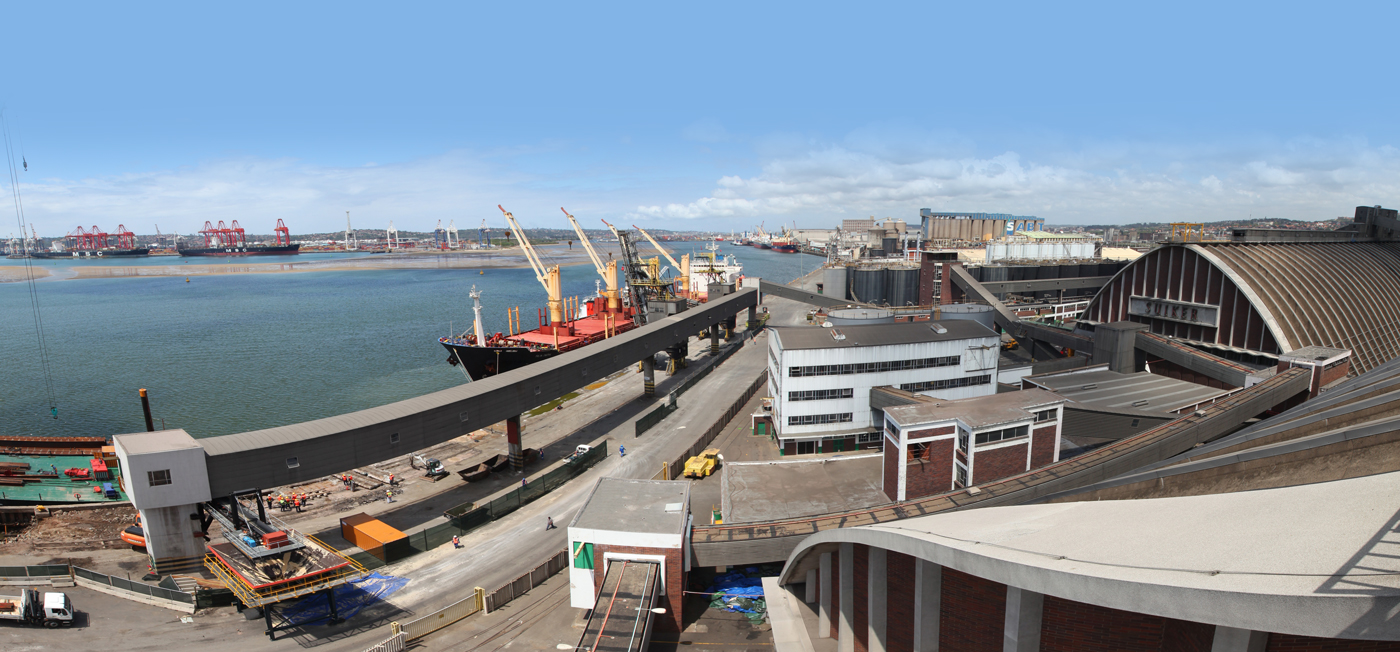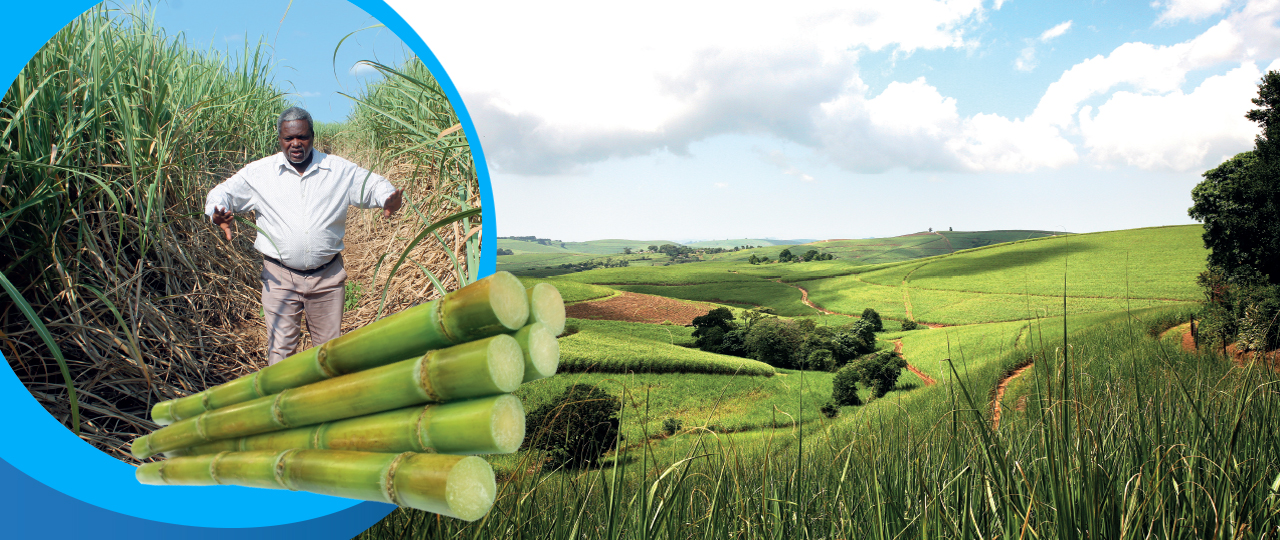Increased climate variability manifesting through, for example prolonged droughts, changes in rainfall and temperature patterns, impact the sustainability of the South African sugar industry, an agricultural and agro-processing industry which is dependent upon natural resources.
As a user of natural resources, the industry is committed to promoting sustainable resource use and management such that it does not create an imbalance within the environment in which it operates but also supports local socio-economic growth and development. Efforts to contain the demands for water using water conservation and demand management approaches, promoting sustainable environmental and agricultural practices, good catchment stewardship and compliance to regulations are essential.
Increased collaboration between industry, government and NGOs towards shared value partnerships and holistic catchment management (e.g. Umgeni Ecological Infrastructure Partnership, Mhlatuze Water Stewardship Partnership, Midlands Sustainable Sugar Supply Chain Collaboration), enhance the efforts in the sugarcane growing belt towards sustainable natural resource use and management. The continual development and application of sustainable management tools such as the Sustainable Sugarcane Farm Management System (SUSFARMS®) and other International Organisation for Standardisation (ISO) standards assist in such sustainability initiatives.
DIVERSIFICATION IN RENEWABLES
Diversification of the SA sugar industry is essential, if the industry is to remain a competitive part of the agricultural and agro-processing sectors of the South African economy into the future. It is a global fact that most sugar only industries are uncompetitive. Across the world, including BRICS countries or in Africa, cane or beet sugar industries have transitioned from being sugar producers only to become producers of sugar, energy (electricity and biofuels), and other biobased products (e.g. bioplastics, biochemicals). Global assessments indicate that various government programmes have had to be launched to enable electricity, biofuels and other biobased products, in countries that have successfully implemented such initiatives.
The SA sugar industry must diversify its product offerings into energy and other biobased niche product markets in order to be sustainable, grow the “revenue pie”, and to contribute as a transformed, competitive and profitable, job creating industry. Diversification initiatives will work as catalyst for the participation of previously disadvantaged groups, accelerating the pace of transformation in the SA sugar industry, supporting black growers and enabling black industrialists.
The industry has identified four areas of diversification – cogeneration, biofuels, beneficiation of agricultural residues such as biogas and biobased products.
- Biofuels – implementation of greenfield and brownfield fuel ethanol projects in the SA sugar industry
- Cogeneration – operationalise sugarcane cogeneration independent power producers as part of the energy mix in South Africa
- Beneficiation of agricultural residues such as biogas – commercialisation of biogas plants on a range of biogas plants
- Biobased products – biobased niche products from sugarcane such as bioplastics and biochemical.
All four diversification areas aim to harness the full value of the sugarcane stalk producing sugarcane-based products which have already been manufactured in other parts of the African continent and the world.
The SA sugar industry is at a critical tipping point, where the policy environment is not conducive for the survival and growth of the sugar sector. The industry needs a “game changer” that allows for the swift introduction of proven technology and production, with significant impact on sugar volumes being uplifted through a new market. This is undoubtedly diversification into fuel ethanol production and other renewable products that will improve the sustainability of the industry as a whole. With enabling legislative, investment and market conditions, diversification projects will be realised in the SA sugar industry. These conditions will be informed by energy policies that promote fuel ethanol from sugarcane, procurement of sugarcane cogenerated electricity and mandatory interventions for biobased materials that stimulate market demand and uptake.

